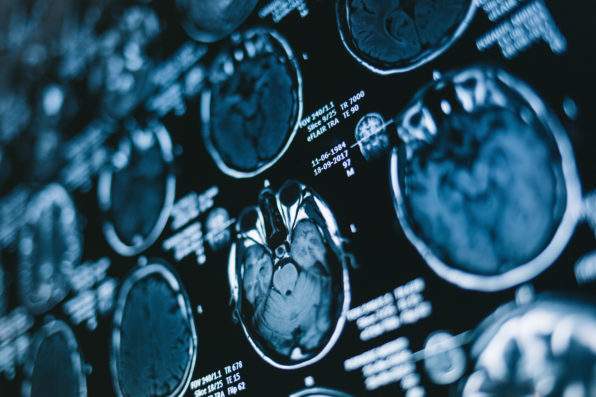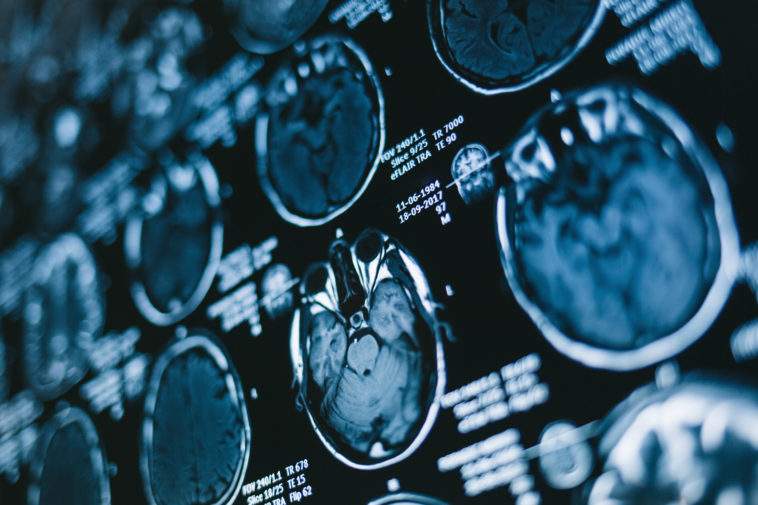This month, researchers from the Max Planck Institute for Human Cognitive and Brain Sciences (MPI CBS) and the University of Leipzig Medical Center made a remarkable breakthrough.
They were able to utilize new machine learning techniques and artificial intelligence (AI) to detect rare forms of dementia from MRI images.
Through the study, which has since been published in Science Direct, the team found that AI can immediately recognize patterns that are distinctive of rare dementia forms among patient imaging data. This finding represents a massive win in the fight for earlier dementia diagnoses.
In addition to dementia, the researchers also included Alzheimer’s disease (AD) with memory impairment, plus various other diseases that are characterized by changes in personality, motor function, or language.
One of the study participants, referred to only as Mr. M, first noticed that some words were no longer coming to him at 40 years old. This impairment particularly affected words that he rarely used, such as “filler” or “flipper.”
Aside from this, though, Mr. M also realized that he could no longer remember the names of his colleagues and acquaintances.
Finally, his wife noticed that he was not listening to her properly and had trouble “switching off” from work.
Mr. M did seek out medical care, and while in the hospital, it was discovered that he had decreased brain volume in his temporal lobe.
His doctors also found that he was unable to correctly identify images placed in front of him, such as animals.

Sign up for Chip Chick’s newsletter and get stories like this delivered to your inbox.


